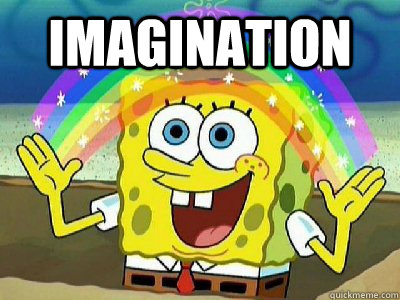Today in class, the John Oliver video talked about the reality that goes behind funding congressional campaigns. The congressional campaigns ending in 2014 received a total of 1.7 billion dollars. That's more than the 1.4 billion than that received from the presidential campaigns of 2012. More info on that can be found here in this
cool map. That is an astronomical amount of money going into a competition and should be concentrated into other areas.
Oliver also comments on how congressional candidates spend most of their time campaigning yet, they hate campaigning. However, there is no law ready to be passed in Congress that will solve this problem. It is also incredible how political campaigns diffuse themselves into everyday life. Oliver notes that political candidates use seafood restaurants, wedding anniversaries, and even pop concerts, citing that "the power of Taylor Swift not only changes the music business it makes money".
Personally, I like politics right where it is, on CNN, and not at the 1989 tour. Since it is a hassle to everyone involved, I do not quite understand why it does not just end. Seriously, what is the point? The reality behind it is that a huge amount of money is needed to fund a political campaign.
Someone has to pay for all those rallies, bumper stickers, and other merchandise, and that someone is going to be people of the higher classes. No person with average income can afford to do all the necessary tasks required of an election campaign for Congress. This not only in itself is problematic to society on an economic end but also a personal end. If we are electing people to represent our ideals and interests in Congress then, they should live similar lives like the average person but they simply do not. They only support their rich friends and their corporate sponsors. This is largely responsible for the reputation of Congressmen of being greedy and stupid.

High end political campaigns will never die. As long as money exist and Congress still thinks they can buy votes then we shall keep receiving those phone calls to pledge our donations. Hopefully one day, we will be able to see an honest person in office who will actually do their job which is to represent the American people. Unfortunately for now, we will remain a Walmart-nation overly concerned with how we can lower the cost of labor and make the most profit.

